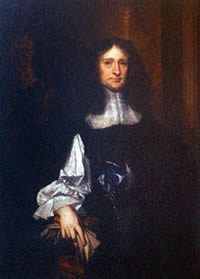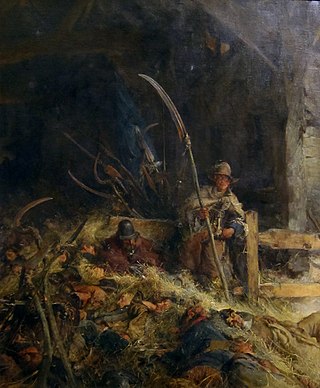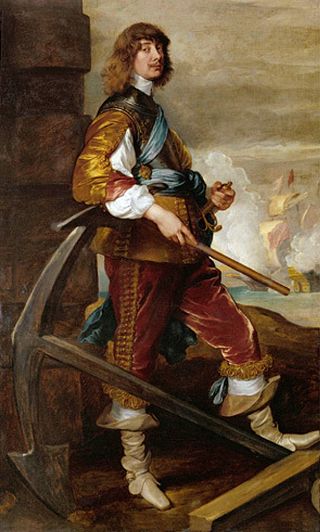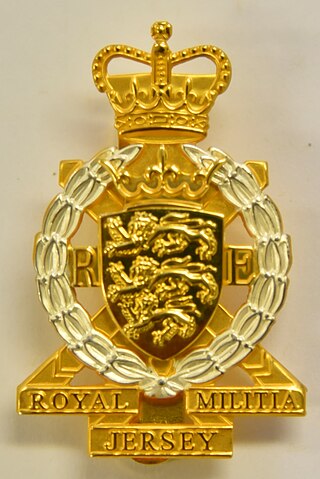
Roundheads were the supporters of the Parliament of England during the English Civil War (1642–1651). Also known as Parliamentarians, they fought against King Charles I of England and his supporters, known as the Cavaliers or Royalists, who claimed rule by absolute monarchy and the principle of the divine right of kings. The goal of the Roundheads was to give to Parliament the supreme control over executive administration of the country/kingdom.
A royalist supports a particular monarch as head of state for a particular kingdom, or of a particular dynastic claim. In the abstract, this position is royalism. It is distinct from monarchism, which advocates a monarchical system of government, but not necessarily a particular monarch. Most often, the term royalist is applied to a supporter of a current regime or one that has been recently overthrown to form a republic.

Action Française is a French far-right monarchist and nationalist political movement. The name was also given to a journal associated with the movement, Revue d'Action Française, published by its own youth organization, the Camelots du Roi.

Vice-Admiral Sir George Carteret, 1st Baronet was a royalist statesman in Jersey and England, who served in the Clarendon Ministry as Treasurer of the Navy. He was also one of the original lords proprietor of the former British colonies of Carolina and New Jersey.

The Monmouth Rebellion, also known as the Pitchfork Rebellion, the Revolt of the West or the West Country rebellion, was an attempt to depose James II, who in February 1685 succeeded his brother Charles II as king of England, Scotland and Ireland. A group of dissident Protestants led by James Scott, 1st Duke of Monmouth, eldest illegitimate son of Charles II, opposed James largely due to his Catholicism.

Georgios Papandreou was a Greek politician, the founder of the Papandreou political dynasty. He served three terms as prime minister of Greece. He was also deputy prime minister from 1950 to 1952, in the governments of Nikolaos Plastiras and Sofoklis Venizelos. He served numerous times as a cabinet minister, starting in 1923, in a political career that spanned more than five decades.

Algernon Percy, 10th Earl of Northumberland, 4th Baron Percy,, was an English aristocrat, and supporter of the Parliamentary cause in the First English Civil War.

The term Cavalier was first used by Roundheads as a term of abuse for the wealthier royalist supporters of Charles I of England and his son Charles II during the English Civil War, the Interregnum, and the Restoration. It was later adopted by the Royalists themselves. Although it referred originally to political and social attitudes and behaviour, of which clothing was a very small part, it has subsequently become strongly identified with the fashionable clothing of the court at the time. Prince Rupert, commander of much of Charles I's cavalry, is often considered to be an archetypal Cavalier.

Leka, Crown Prince of Albania was the only son of King Zog I and Queen Geraldine of Albania. He was called Crown Prince Skander at birth. After his father's death in 1961, Leka was the pretender to the Albanian throne, and his supporters referred to him as King Leka I.
Irish Brigade may refer to:
Ten ships of the Royal Navy have been named HMS Royalist:

Between 1639 and 1652, Scotland was involved in the Wars of the Three Kingdoms, a series of conflicts which included the Bishops' Wars, the Irish Rebellion of 1641, the English Civil War, the Irish Confederate Wars and finally the conquest of Ireland and the subjugation of Scotland by the English New Model Army.
Francis Willoughby, 5th Baron Willoughby of Parham was an English peer of the House of Lords.

HMS Royalist was a Bellona-class light cruiser of the Royal Navy (RN) and Royal New Zealand Navy (RNZN) during the Second World War and early Cold War.
Bourbonism can be a form of traditionalist conservatism, likely tied to French monarchism, or tourism focused on Bourbon whiskey production. Specifically, Bourbonism may refer to:

Formed in 1337, the Royal Militia of the Island of Jersey can claim to be the oldest sub-unit of the British Army, although, because it is not a regiment, and was disbanded for decades in the late 20th century, it is not the most senior.
TS Royalist may refer to either of two vessels:
Several vessels have been named Royalist:
This page is based on this
Wikipedia article Text is available under the
CC BY-SA 4.0 license; additional terms may apply.
Images, videos and audio are available under their respective licenses.










